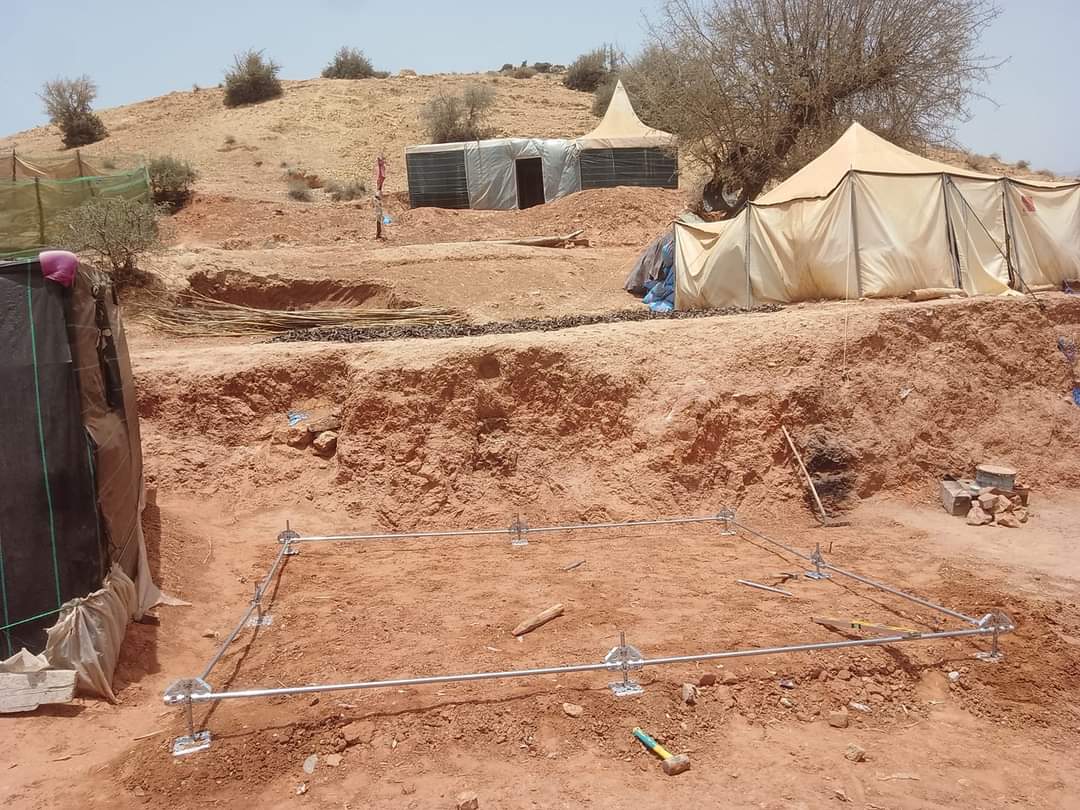Casablanca – Morocco has introduced substantial amendments to its Family Code, known as Mudawana, marking a significant step towards strengthening women’s rights and modernizing family laws in the country. The Supreme Scientific Council approved these amendments during a working session chaired by King Mohammed VI at the Royal Palace in Casablanca on December 23, 2024. This session, dedicated to reviewing the Family Code, resulted in several key changes and rejections of specific proposals.
Key approved amendments
Marital home exclusion from estate
One of the most notable amendments is the exclusion of the marital home from the estate division, ensuring that the home remains with the surviving spouse rather than being subjected to inheritance claims. This change aims to provide greater stability and security for the surviving partner.
Custody rights for divorced women
The amendments also extend the custody rights of divorced women, allowing them to retain custody of their children even if they remarry. This provision ensures that children’s well-being remains a priority and offers more stability in their upbringing.
Marriage for Moroccans abroad
Moroccans residing abroad can now contract marriages without the mandatory presence of two Muslim witnesses if it is not feasible. This adjustment accommodates the practical challenges faced by the diaspora, streamlining the marriage process.
Legal representation for custodial mothers
Custodial mothers have been granted the legal right to represent their children, a significant step towards recognizing the role and responsibilities of mothers in the legal framework of family affairs.
Recognition of wives’ contributions
The amendments acknowledge the contributions of wives to the family’s economic development, including their domestic work. This recognition reinforces the importance of women’s roles within the household and their economic value.
Maintenance obligations
The Council affirmed that maintenance obligations on the husband commence as soon as the marriage contract is concluded. This ensures that the wife’s financial needs are addressed immediately upon entering the marriage.
Joint debts
The new rules also establish that debts arising from the unity of obligation between spouses are to be settled mutually before addressing other debts. This provision enhances financial cooperation and fairness between partners.
Rejected proposals
Despite these progressive changes, the Supreme Scientific Council rejected several proposals. Notably, it refused the use of genetic testing for lineage rights and the abolition of the rule of agnatic descent in inheritance. Additionally, the Council maintained that inheritance between Muslims and non-Muslims should remain prohibited, thereby limiting inheritance rights to Muslims only.
Ministerial commentary
Ahmed Al-Tawfiq, Minister of Endowments and Islamic Affairs, highlighted that the Supreme Scientific Council’s opinion on the seventeen issues referred by King Mohammed VI was aligned with most of the proposed amendments. He emphasized that three issues, concerning definitive texts that do not permit ijtihad (independent reasoning), were related to genetic testing for lineage, the rule of agnatic descent, and inheritance between Muslims and non-Muslims.
Al-Tawfiq further stated that the scholars authorized King Mohammed VI to consider these opinions from the perspective of ‘interest,’ which is a primary objective of religion. This trust reflects the belief in the King’s wisdom and insight to balance religious and national constants with the evolving needs of Moroccan society.
The recent amendments to Morocco’s Family Code represent a significant progression in family law, focusing on enhancing women’s rights and ensuring a fairer legal framework. These changes reflect the country’s commitment to adapting its laws to the evolving social landscape while preserving its religious and cultural values. The ongoing involvement of scholars and the monarchy underscores the importance of a balanced approach to legal reform in Morocco.
















